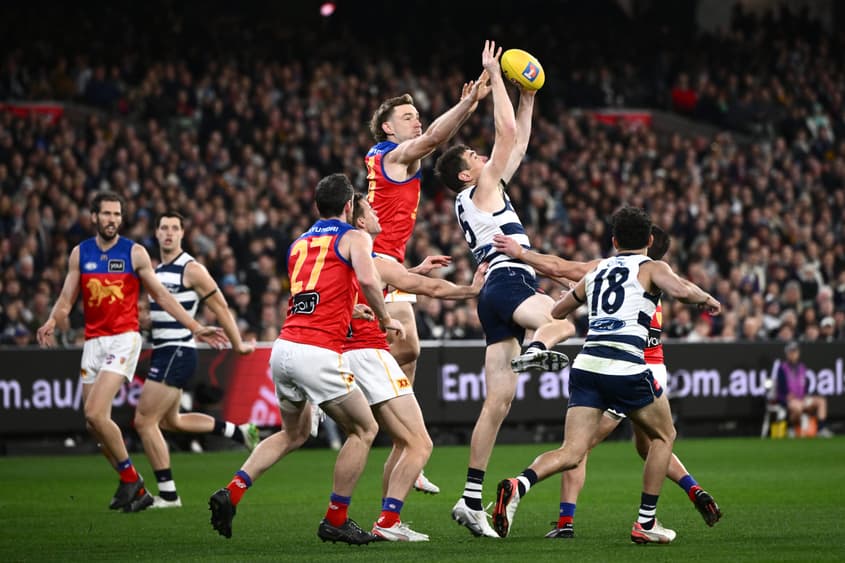
AAP Image/Joel Carrett
This weekend, about 100,000 people will pack out the MGG for one of the biggest cultural events on the Australian calendar. Millions more will watch on TV, and next week NRL fans will have their big day. As the southern states celebrate the arrival of Spring, footy finals mark not just a change in the weather, but the passing of a cultural baton, because this is also the time that Australia’s season of music festivals kicks off – or at least it used to be.
In the past few years, a lot of festivals have been cancelled because they are no longer financially viable. The axe has fallen on big name festivals including Splendour in the Grass, Groovin’ The Moo, and Bluesfest (although that one came back again for a last hurrah earlier this year).
And it’s not just festivals that are in trouble. Between the outbreak of COVID and 2023 about a third of Australia’s live music venues closed. More recently, questions have been asked about the viability of regional touring at all. So, as footy continues to kick goals, and Australian music struggles, why does the Commonwealth give generous tax concessions to one but not the other?
Last year, Australia’s two major football codes made a combined profit of over $100 million dollars ($45.5 million for the AFL, and $27.7 million for the NRL). But the Australian Taxation Office classifies these multi-million-dollar cultural behemoths as not-for-profit organisations, which means they get generous tax exemptions. The ATO gives tax breaks to organisations “established for the purpose of encouragement of a game or sport”, and the AFL and NRL take full advantage. This policy has been around since the 1930s, when it was introduced as a way of incentivising community organisations to provide facilities to encourage community participation in sports. Needless to say, there is no similar policy for organisations that bring people together to listen to music.
These kinds of decisions – about who to tax and who to subsidise – are not so much about economics as they are about what kind of Australia we want to live in.
It’s not like professional football needs the help. Selling the right to broadcast football games nets the AFL and NRL billions, and the deals that the AFL and NRL have with sports betting companies are worth millions more. The NRL’s decision to launch its 2025 season in Las Vegas, a global gambling hotspot, is surely no coincidence. Perhaps not-for-profit status is good for community sport, but there’s no denying the AFL and NRL are big business. This is why, in New Zealand, only amateur sports organisations enjoy tax free status.
It’s a sure sign that live music is in trouble when, at pubs these days, you’re much more likely to see a footy game on a screen (or ten) than you are to see a band play.
The crisis facing live music in Australia has become so bad that, earlier this year, the Australian Parliament had an inquiry into its woes. One of its key recommendations – supported by Labor, Liberal and Independents alike – was for tax offsets be given to venues that host live music and other forms of art. The report also recommended investing in a rebate or voucher scheme to incentivise younger audiences to attend live music which, as Australia Institute research has shown, is an approach that has been successful in Europe. If we don’t invest in the arts in these kinds of ways, we can’t expect to enjoy them.
As the number of people listening to new Australian music is as an all time low, the need for support is acute. As the AFL and NRL enjoy tax-free status, is begs the question: why does one form of cultural activity get support but not the other? Perhaps it is justified to give multi-million dollar sporting codes a tax exemption on the justification that they encourage community participation in sport. But, by that logic, why not give tax concessions to organisations that put on gigs to encourage community participation in live music?
Morgan Harrington is a research manager at the Australia Institute.
The 2026 Melbourne Fashion Festival is on this week. This year’s event marks a major milestone as the festival celebrates its 30-year anniversary. It's one of the biggest fashion events in Australia, and it puts Australian design, talent, innovations, skills, trends, and workers in the international spotlight.